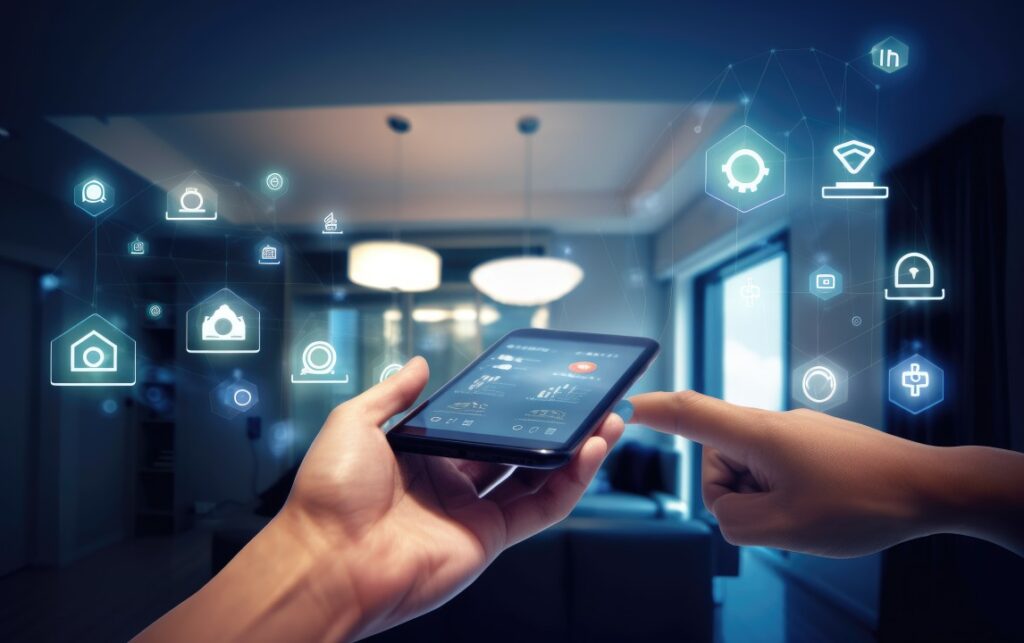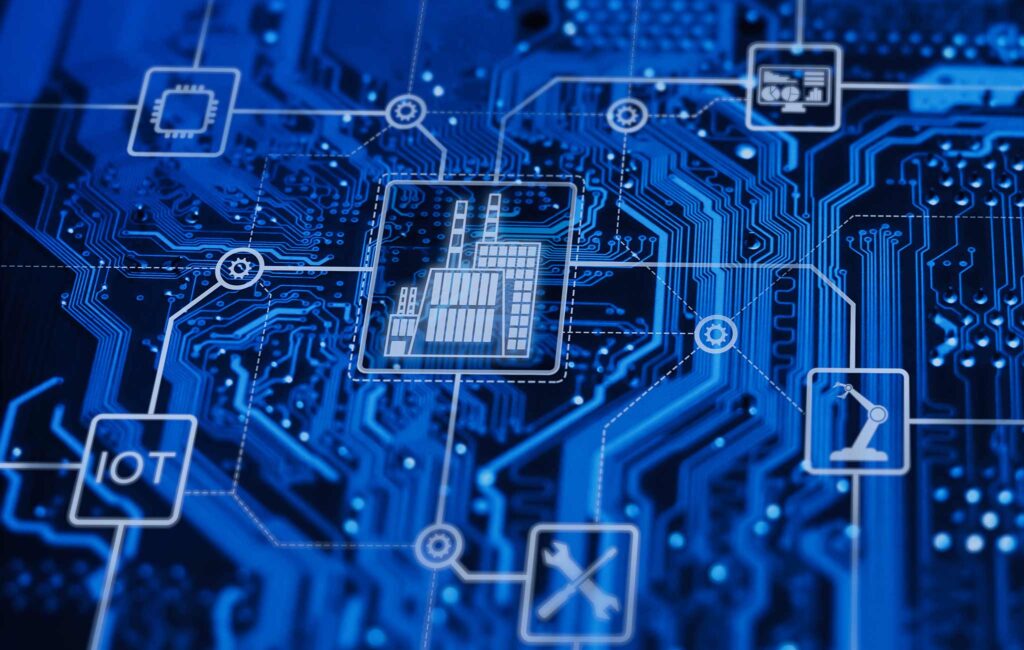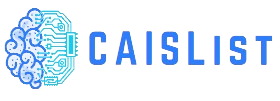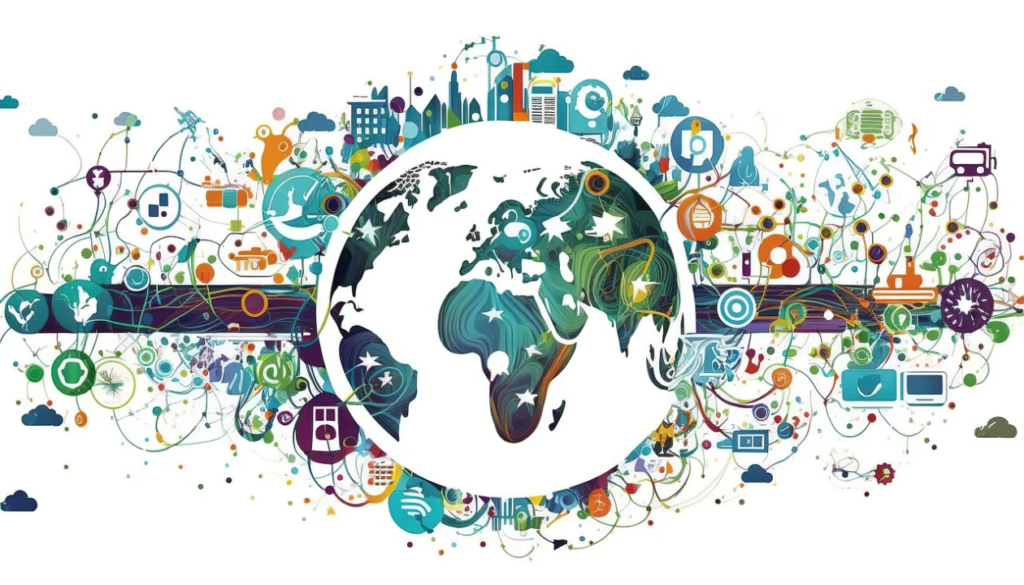The Internet of Things (IoT) has transformed the way we interact with the world around us, revolutionizing everything from our homes and workplaces to entire cities and industries. By connecting everyday objects to the internet and enabling them to communicate and exchange data, IoT technology has made our lives more convenient, efficient, and connected than ever before. In this article, we’ll explore how smart devices powered by the Internet of Things simplify our lives in a variety of ways.
1. Home Automation:
One of the most significant impacts of the Internet of Things is in the realm of home automation. Smart devices such as thermostats, lighting systems, door locks, and security cameras can be connected to a central hub or smartphone app, allowing homeowners to control and monitor their homes remotely. From adjusting the temperature and turning off lights to checking on pets and receiving alerts about potential security threats, smart home devices offer convenience, security, and peace of mind.

2. Energy Efficiency:
IoT-enabled smart energy management systems help homeowners and businesses monitor and optimize their energy usage, leading to cost savings and environmental benefits. Smart meters, appliances, and HVAC systems can automatically adjust settings based on usage patterns, weather conditions, and energy prices, reducing waste and conserving resources. By providing real-time insights into energy consumption and identifying opportunities for efficiency improvements, IoT technology empowers individuals and organizations to make smarter decisions about their energy usage.
3. Healthcare Monitoring:
IoT devices are revolutionizing healthcare by enabling remote monitoring of patients’ health and well-being. Wearable devices such as smartwatches, fitness trackers, and medical sensors can continuously monitor vital signs, track physical activity, and detect health abnormalities, allowing individuals to take proactive steps to manage their health and prevent illness. Additionally, IoT-enabled telehealth platforms enable virtual consultations with healthcare providers, improving access to care and reducing the need for in-person visits.
4. Transportation and Logistics:
In the transportation and logistics sector, IoT technology is streamlining operations, improving efficiency, and enhancing safety. Smart sensors and GPS trackers installed in vehicles, cargo containers, and infrastructure enable real-time tracking and monitoring of goods and assets throughout the supply chain. This visibility allows companies to optimize routes, reduce delivery times, and prevent theft or loss of cargo. Additionally, IoT-enabled telematics systems can monitor vehicle performance and driver behavior, leading to safer and more fuel-efficient operations.
5. Smart Cities:
IoT technology is transforming urban environments into smart cities, where interconnected devices and sensors collect data to optimize city services and infrastructure. Smart traffic management systems use real-time data to alleviate congestion, improve traffic flow, and reduce emissions. IoT-enabled waste management systems optimize collection routes and schedules based on fill levels, reducing costs and minimizing environmental impact. Smart streetlights adjust brightness based on pedestrian and vehicle traffic, saving energy and enhancing safety.
6. Agriculture and Environmental Monitoring:

In agriculture, IoT technology is revolutionizing farming practices by enabling precision agriculture techniques that optimize water usage, fertilizer application, and crop yields. Soil sensors, drones, and satellite imagery provide farmers with real-time insights into soil health, moisture levels, and crop health, allowing for targeted interventions and resource allocation. Additionally, IoT sensors can monitor environmental conditions such as air quality, water pollution, and deforestation, facilitating conservation efforts and environmental protection.
In conclusion, the Internet of Things has transformed the way we live, work, and interact with the world around us, offering unparalleled convenience, efficiency, and connectivity. From smart homes and energy management systems to healthcare monitoring and smart cities, IoT technology has simplified our lives in countless ways, empowering individuals and organizations to make smarter decisions and live more sustainable lifestyles. As IoT technology continues to evolve and expand, we can expect to see even greater innovations and advancements that further enhance our quality of life and drive positive change across industries and societies.

